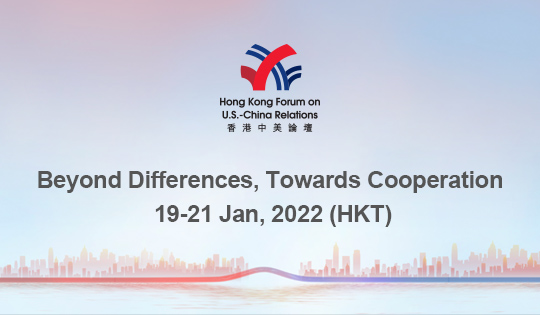The recent visit by Klaus Regling, the head of the European Financial Stability Facility (EFSF), to Beijing has added to talk of China’s potential contribution to the new EU bailout plan. China is already a buyer of EFSF bonds and as President Hu Jintao further affirmed at the Cannes G20 summit, it wants to see stability in the eurozone and Euro. But the question of whether China should do more to assist Europe is hardly a straightforward issue. Other than the fact that there is still uncertainty over how the new bailout plan would actually work, there are several competing factors for Beijing to consider.
From an economic standpoint, there are sounds reasons for China to expand its financial support to Europe. The EU is the largest trading partner of China. Growing economic interdependence between the two means that China's growth cannot be decoupled from the bloc's economic viability and future. But the greatest risk for China is that should European economies derail, this would likely spark another round of global recession—one more severe than the last—that would have a contagion impact on China. Moreover, China needs to diversify its foreign reserve holdings, especially in view of the floundering US dollar. It needs alternative investment locations for its burgeoning reserves and European assets represent one potentially viable area for parking Chinese funds. Beijing can certainly redirect those funds to its domestic economy, but such a move risks exacerbating
inflation in China.
Strategically, playing a more active helping role in the eurozone crisis would further validate China's proclaimed identity as a responsible power, enhancing its clout and moral position in international society. It might also boost Beijing's leverage with Brussels on issues such as market economy recognition and the voice of emerging economies in global economic governance.
Helping to bailout Europe, nevertheless, does not come without significant risks and costs to China. Within China, such a move would be politically unpopular. To the Chinese public, it makes little sense that China, which on a per capita basis is much poorer than eurozone nations, should financially bolster Europe. This perception is not helped by the fact that there are still considerable numbers of Chinese people living in poverty and that many Chinese see the eurozone crisis as a consequence of profligate Europeans living beyond their means. Aiding Europe, unfortunately, creates the impression that China is bailing out rich foreigners at the expense of its citizens, filling a hole created by others.
The safety of EFSF-issued bonds is also a concern. Given the volatility and scale of EU's sovereign debt problems, there are considerable risks involved in making large-scale purchases of European bonds. Altruism aside, it would be financially imprudent for China to pour more money into Europe without firmer investment guarantees from the EFSF. The safety of China's dollar assets had been called into question in the aftermath of the 2008 global financial crisis, so Beijing would naturally want to be more cautious this time.
Meanwhile, one should not assume that there would be necessarily reciprocal European appreciation for Chinese assistance. There is some ambivalence within Europe regarding the choice of China as a source of funds for bolstering the EFSF, not least because both parties have never seen eye to eye on issues of human rights. China might well be perceived as an opportunistic mercantilist, tapping on Europe’s moment of weakness to buy its assets on the cheap. Incidentally, there is a growing climate of China-bashing in the West and fears of a rising China appear to be mounting again. Any grand gestures by China to buy European debt now could ironically stoke such fears.
As a responsible member of international society, China arguably has a duty to help sustain the international system that enabled its rise. To some extent, this implies it cannot stand by indifferently while eurozone economies unravel. That said, there are other compelling domestic interests and concerns that China can ill afford to ignore. How to balance these competing pressures is the key challenge.
Tiang Boon is a doctoral candidate in international relations at the University of Oxford and a visiting scholar of the Shanghai Institutes for International Studies.

